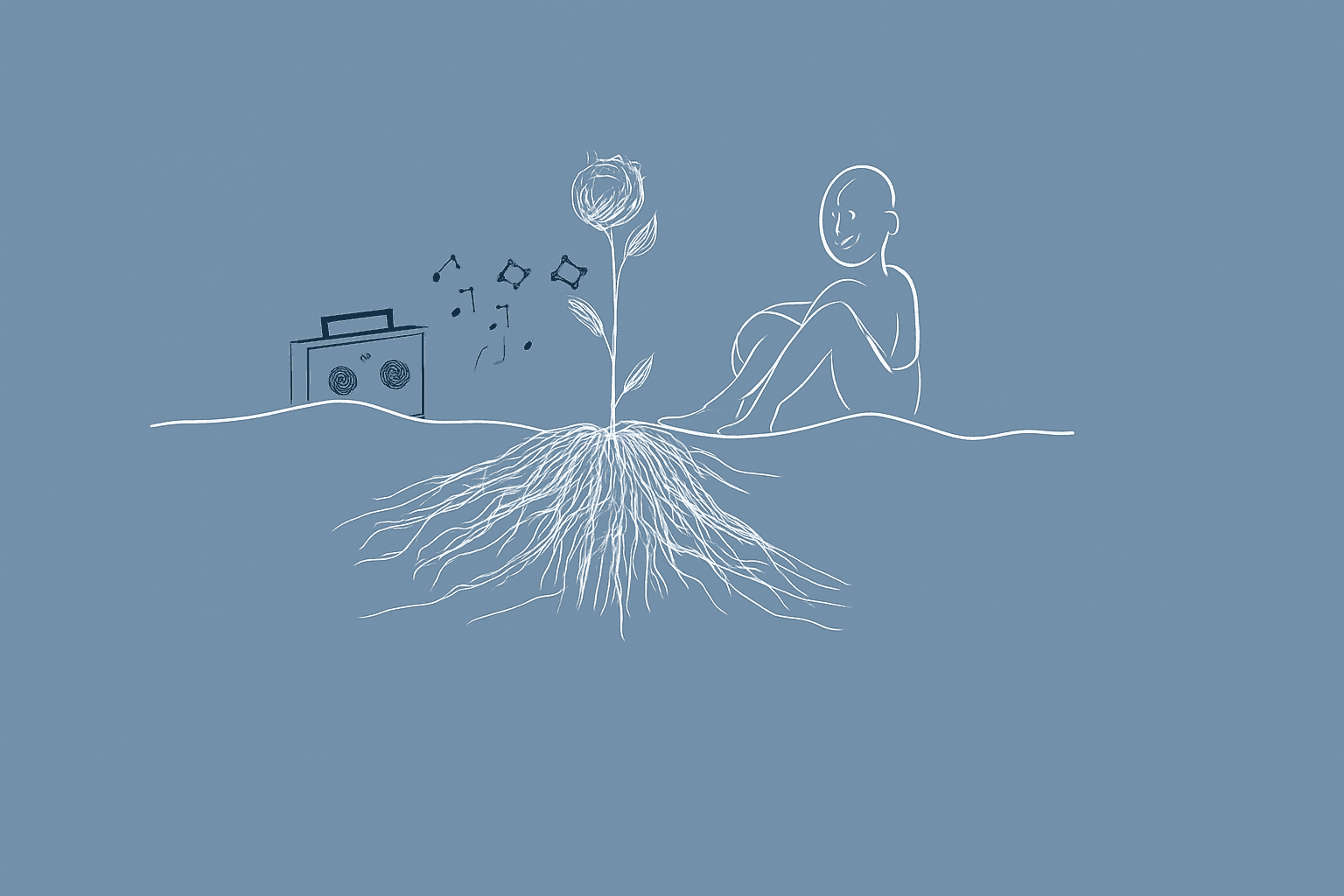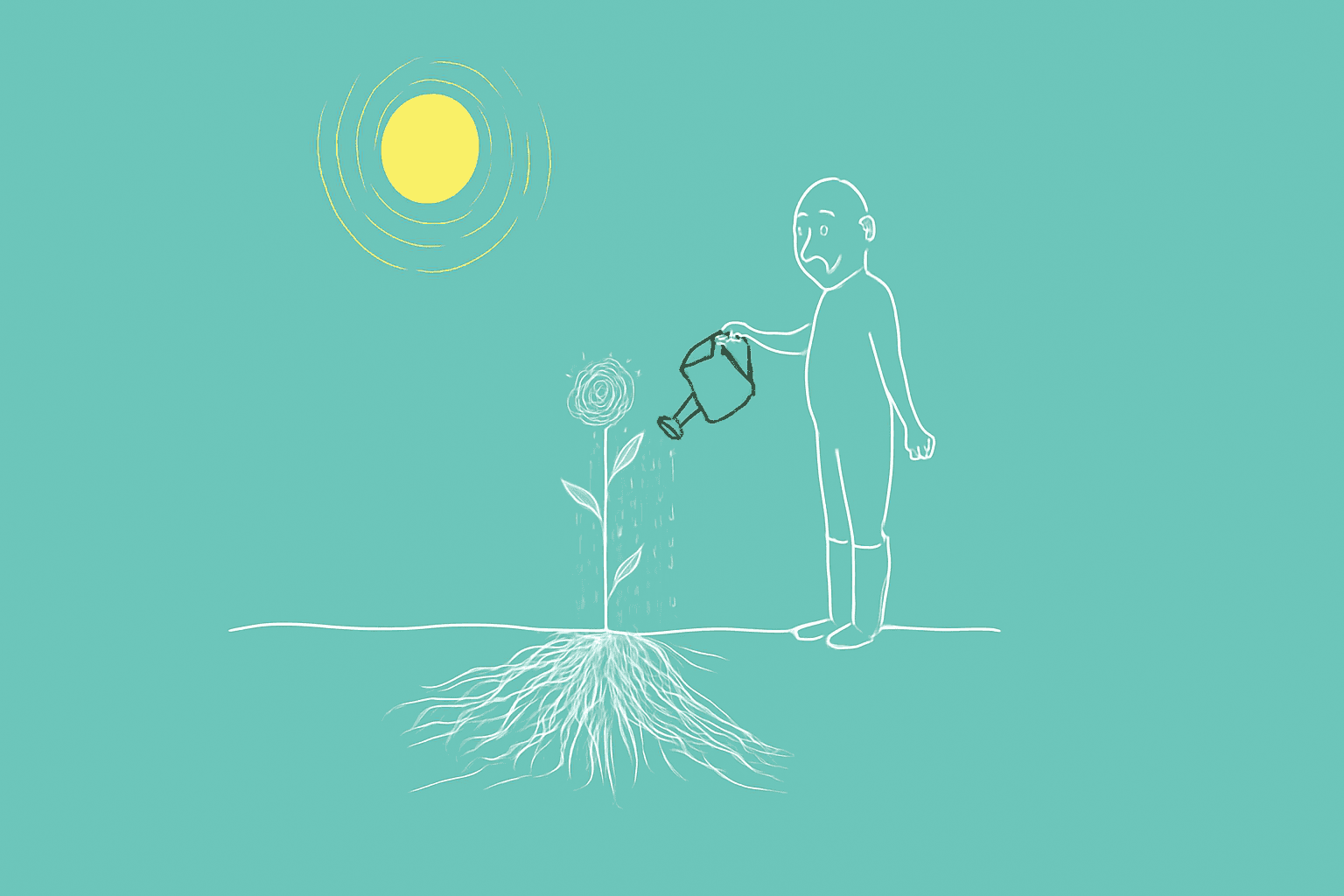


Roots Wellness Center offers over seventeen years of experience, activity and community interaction
"Give those you love wings to fly, roots to return and reasons to stay..."Dalai Lama
Knowing where you come from will help you channel the strength you need to stretch your wings and soar; to evolve into the best version of yourself. It all begins at the roots…your roots are the core of your existence, the starting point of lifelong bonds and feelings… By exploring your roots, you can discover yourself!

The integrative approach combines elements from various therapeutic schools to provide personalized care.

Gestalt therapy emphasizes personal responsibility and focuses on the individual's experience in the present moment.

Cognitive Behavioral Therapy (CBT) is a modern, evidence-based approach to psychotherapy that focuses on the interplay between thoughts, emotions, and behaviors.

The systemic approach focuses on understanding individuals within the context of their relationships and environments.

Mindfulness-based therapy focuses on developing awareness and acceptance of the present moment.

A form of psychotherapy that focuses on identifying and changing deeply ingrained patterns or 'schemas' that influence thoughts, emotions, and behaviors.